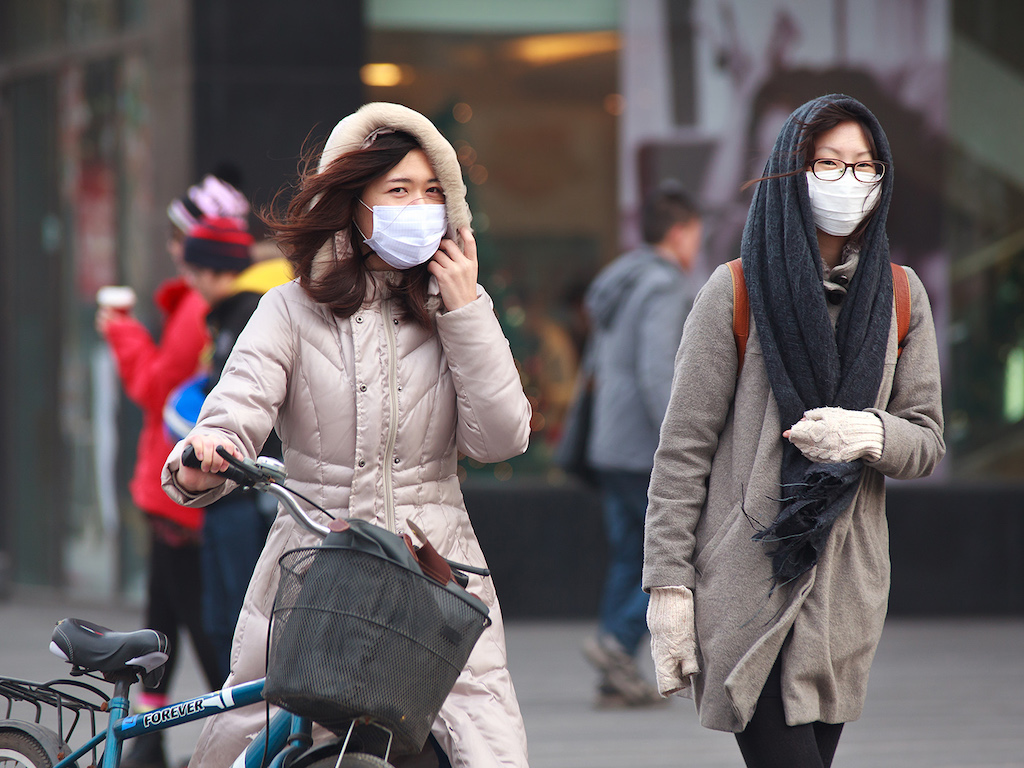3 Mins Read
Industrial activity and travel has undergone almost a complete halt as countries all over the world battles the coronavirus pandemic. Recent satellite imagery from the European Space Agency has revealed a significant decline in global nitrogen dioxide levels, which some experts are saying represents the “largest scale experiment ever” to show the effectiveness of reducing industrial emissions to fight the climate crisis.
The latest readings from the European Space Agency (ESA) satellites show that over the past 6 weeks, levels of nitrogen dioxide pollution over major cities and industrial clusters in Asia and Europe have dropped compared to the same period last year. In the past months, authorities all over the world have restricted travel, industrial activity and virtually almost every part of daily life in an effort to slow down the spread of Covid-19.
At the time of writing, Covid-19 has infected nearly 380,000 people and the death toll stands at over 16,000 globally. Measures that governments have taken to curb the coronavirus include limiting public gatherings, enforcing social distancing, urging non-essential employees to work from home whenever possible and shutting down major industrial projects and transportation links.
Satellite images from the ESA show that these policies have reduced levels of nitrogen dioxide, a pollutant produced from car engines, power plants and other industrial activities. Although nitrogen dioxide is not a greenhouse gas, it is mainly generated from the same sectors also responsible for massive amounts of carbon emissions that drive the climate crisis.
One of the largest drops in air pollution levels could be seen in Wuhan, corroborating earlier NASA satellite images that showed major reduction in pollution levels across eastern and Central China since January. ESA images also showed a decline in air pollution across South Korea and Italy.
A Greenpeace report published earlier this year, widely considered the first ever to quantify the cost of air pollution from these industries, revealed that pollution is a major cause of death, public health damage and economic losses. According to the researchers, air pollution from the fossil fuel industry is linked to 4.5 million premature deaths each year, and around US$8 billion being lost each day.
The World Health Organisation (WHO) says that nitrogen dioxide can cause “significant inflammation of the airways” in high concentrations and may exacerbate existing health problems. The body is now examining whether airborne pollution such as nitrogen dioxide particles can make Covid-19 more virulent for some people.
Commenting on the drop in air pollution due to the coronavirus pandemic, Paul Monks, professor of air pollution at the University of Leicester told the Guardian that the world is now “inadvertently conducting the largest-scale experiment ever seen.” He added that “this might give us some hope from something terrible, to see what can be achieved.”
Monks’ comments mirror that of renowned trend-spotter Li Edelkoort, who in a recent interview said that the coronavirus outbreak is causing a “quarantine of consumption” that brings an opportunity to usher in a better system for the people and the planet.
Earlier this year, reduced industrial activity in China led to a major reduction in carbon emissions by an estimated 100 million metric tonnes. However, experts warned that this phenomenon would be relatively short-lived and insufficient to fight the climate emergency as China will inevitably pick up industrial activity now that the outbreak appears to have eased in the country.
The global energy watchdog, the International Energy Agency (IEA) also cautioned against over-optimism about the drop in greenhouse gases and pollution levels. According to the IEA, the coronavirus crisis is threatening long-term clean energy investment, which will have ramifications on climate action once the pandemic is over.
Climate activists and environmentalists are therefore urging governments to bear in mind the urgency of the climate crisis amidst the pandemic. They say that the response to the coronavirus has proven that drastic, decisive and rapid measures can be rolled out in times of crisis, and a similar approach must be taken for the climate emergency.
Read our earlier coverage of Covid-19 and tips on prevention here.
Lead image courtesy of Carbon Brief.




